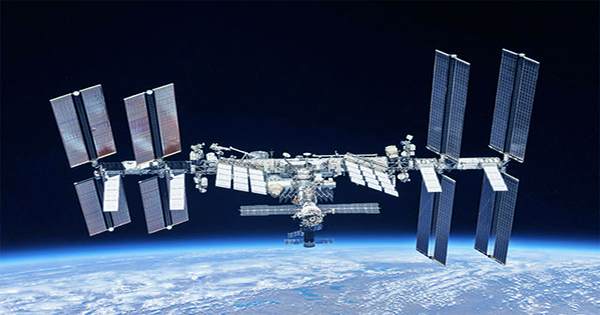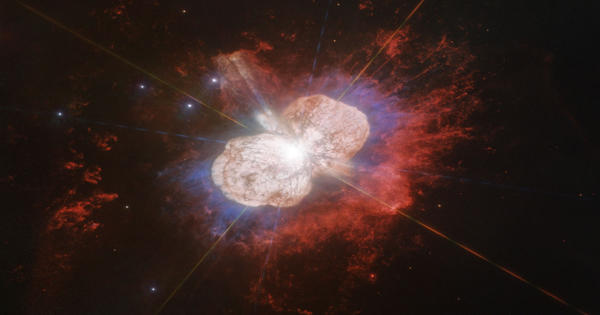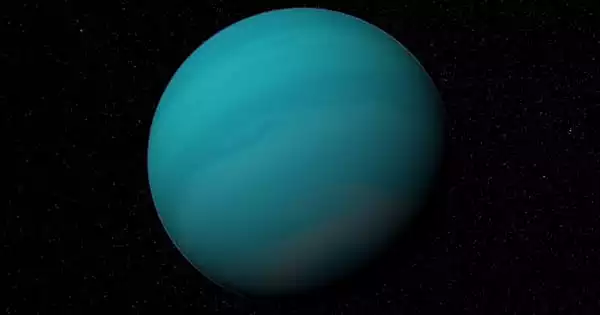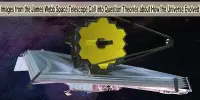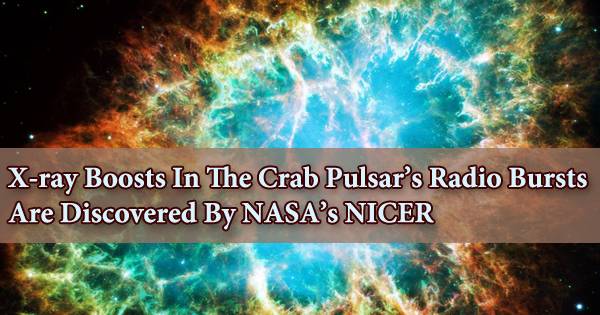Elon Musk has rebuffed concerns that his Starlink satellite mega-constellations are taking up too much interplanetary real estate. Musk claims that there is still plenty of room for rivals in low-Earth orbit, despite having deployed just under 1,900 satellites and promises to launch thousands more (LEO). The SpaceX and Tesla founder claimed to the Financial Times that “space is really enormously big, and satellites are pretty little,” equating his Starlink fleet to “a few of thousand vehicles on Earth.” Despite these guarantees, the scope of Musk’s space endeavors has drawn much criticism.
Josef Aschbacher, the director-general of the European Space Agency, expressed concerns earlier this month, prompting his current remarks (ESA). Mr. Aschbacher used Starlink to say that Musk now controls “half of the active satellites in the world” and that, because of his dominance, “he is establishing the rules” in LEO. Starlink is an Internet satellite network that promises to give worldwide coverage and has already received clearance from US regulators to launch 30,000 units in the next years.
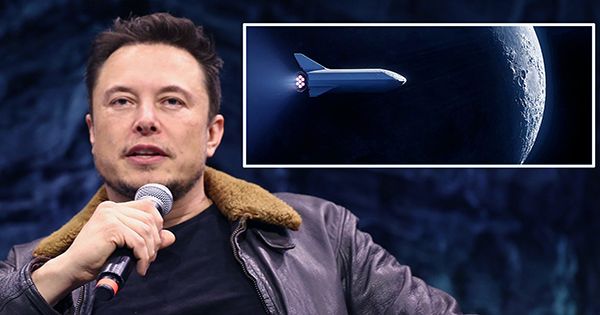
Musk, on the other hand, has been criticized by Luxembourg’s economy minister Franz Fayot for “simply creating constellations and satellites and tossing Teslas up into orbit,” comparing his acts to “colonization” in space. In response to these claims, the tech mogul stated that his satellites have “not prevented anyone from doing anything,” and that there is still enough in orbit for “tens of billions” of other items.
However, such claims are not widely accepted, and a number of experts have highlighted concerns about space congestion. Close encounters in space – defined as situations in which spacecraft pass within 1 kilometer (0.6 miles) of each other – are becoming more common, according to data from the Socrates (Satellite Orbital Conjunction Reports Assessing Threatening Encounters in Space) database released earlier this year. Musk’s satellites are currently involved in over 1,600 close contacts every week, accounting for roughly half of all near misses, according to the data.
China claimed that its Tiangong space station was obliged to take evasive action twice this year to avoid colliding Star link satellites in a recent protest to the United Nations’ Committee for the Peaceful Uses of Outer Space. Despite these worries, a number of countries and commercial organizations are pressing ahead with plans to launch additional objects, with the Satellite Industry Association estimating that there might be as many as 107,671 in orbits by the end of the decade.
